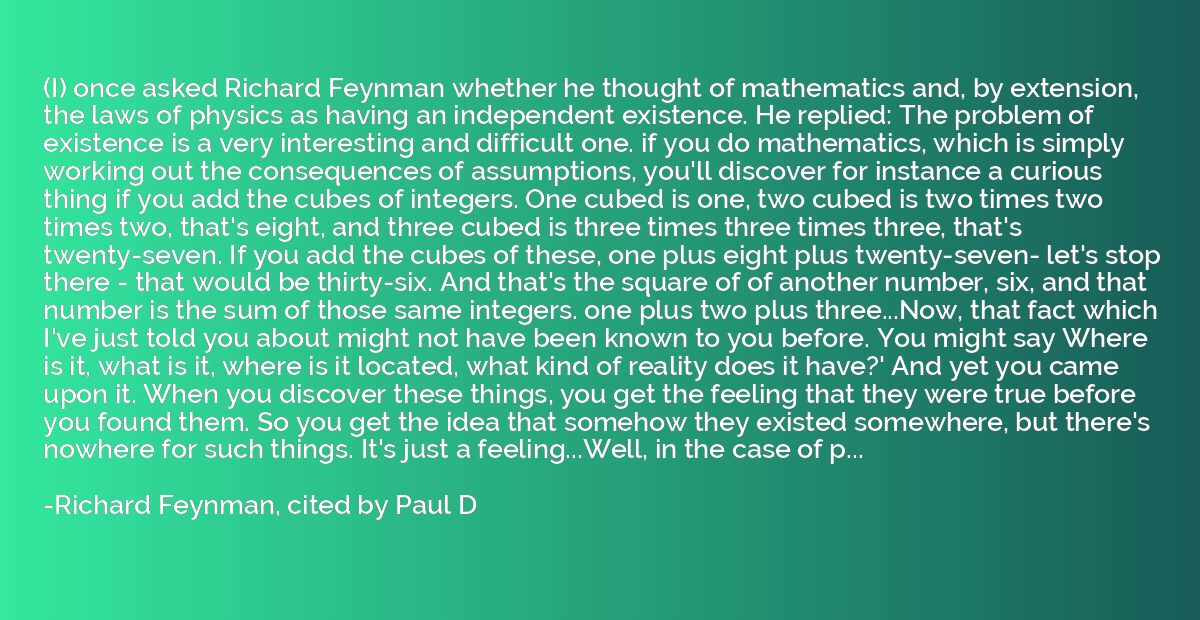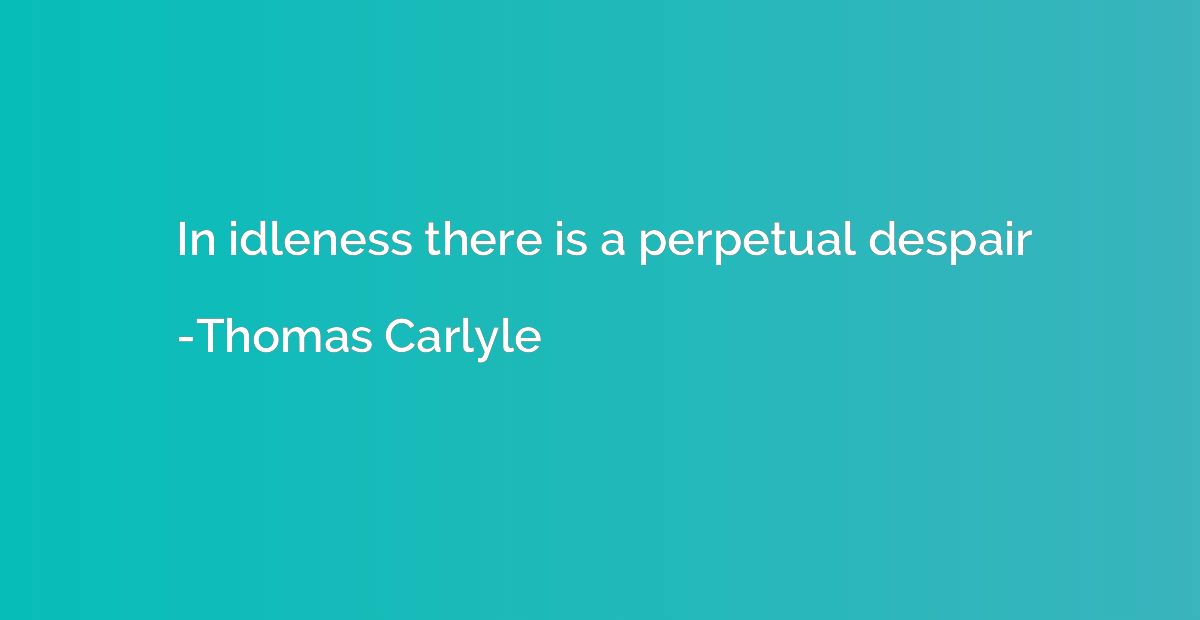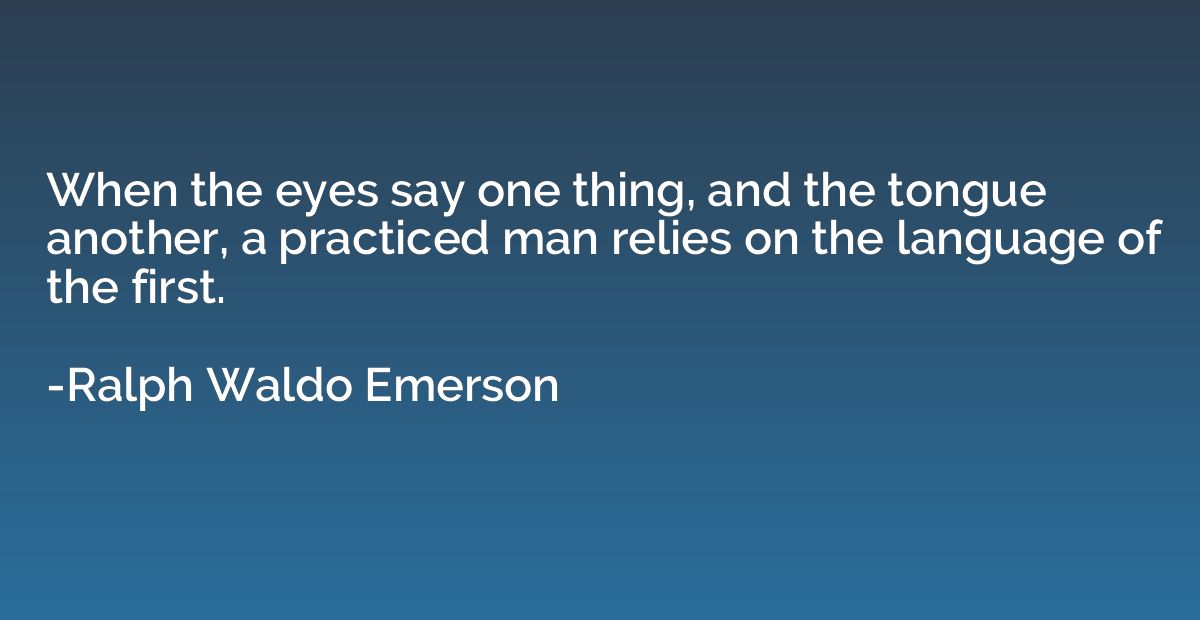Quote by Richard Feynman, cited by Paul D
(I) once asked Richard Feynman whether he thought of mathematics and, by extension, the laws of physics as having an independent existence. He replied: The problem of existence is a very interesting and difficult one. if you do mathematics, which is simply working out the consequences of assumptions, you'll discover for instance a curious thing if you add the cubes of integers. One cubed is one, two cubed is two times two times two, that's eight, and three cubed is three times three times three, that's twenty-seven. If you add the cubes of these, one plus eight plus twenty-seven- let's stop there - that would be thirty-six. And that's the square of of another number, six, and that number is the sum of those same integers. one plus two plus three...Now, that fact which I've just told you about might not have been known to you before. You might say Where is it, what is it, where is it located, what kind of reality does it have?' And yet you came upon it. When you discover these things, you get the feeling that they were true before you found them. So you get the idea that somehow they existed somewhere, but there's nowhere for such things. It's just a feeling...Well, in the case of physics we have double trouble. We come upon these mathematical interrelationships but they apply to the universe, so the problem of where they are is doubly confusing...Those are philosophical questions that I don't know how to answer.

Summary
In this quote, Richard Feynman reflects on the philosophy of mathematical and physical existence. He uses the example of adding the cubes of integers to illustrate his point. Although this mathematical fact may not have been known previously, Feynman argues that it must have existed prior to its discovery. He highlights the mysterious nature of mathematical and physical truths, questioning their independent existence and pondering where they might be located. Feynman acknowledges that these complex questions go beyond his understanding, leaving them as philosophical inquiries without clear answers.














